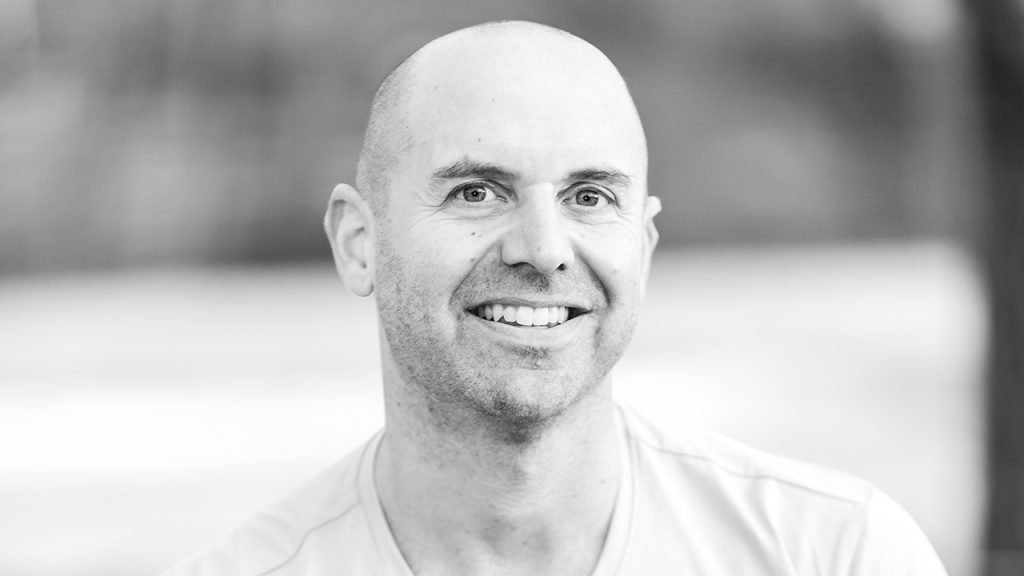New book “The Art of Insubordination” challenges assumptions of dissent
Psychologist Todd Kashdan’s new book is a step-by-step guide to how to create social change by speaking up against the status quo.

The word insubordination carries a negative connotation, but it can actually be a positive force when it comes to creating social change, says Todd Kashdan, the author of a new book called “The Art of Insubordination: How to Dissent and Defy Effectively.”
Kashdan started working on the book several years ago around the time of Arab Spring, a series of pro-democracy uprisings that mobilized in several largely Muslim countries. That movement showed the power of social media as a way to have an impact, Kashdan says. “You have these people under the tyranny of Tunisia and Libya, and they’re able to find other liberators, reach Western soil and get troops in and get military action to actually overthrow leaders,” he says.

When it comes to why people are reluctant to rock the boat, Kashdan says there are two thoughts that pop up into someone’s head in the moment: “Why is nobody else speaking up against this? I must be wrong,” and “Do I want to bring more friction and stress into my life knowing that someone’s going to probably disagree with me?”
While dissent might be bad for the individual, it benefits the greater good because diversity of opinion “helps [the group] evolve and become more creative and innovative in the future,” Kashdan says.
There are two psychological needs that every member of a group is trying to satisfy, Kashdan explains. There’s the need to belong and the need for uniqueness, and those two things can contradict each other. Oftentimes groups will lean toward the belonging side.
“And when you do that, everyone starts to suppress and self-silence what they truly believe, if it’s counter to what the what they think the group cares about and values for cohesion,” Kashdan says. For a group to evolve and achieve their goals, it doesn’t help if everyone is just sitting there nodding their heads in approval. “You need people that are willing to disagree, to make your arguments better, to make your mission better, and to make sure that your strategies are not outdated.”
Listen: How dissent can lead to progress.
By treating disagreement as a “sign of love and loyalty, not a sign of disrespect,” Kashdan says “ … you increase people’s willingness to be creative, to be original, and you’re more likely to be innovative as a group.”
When someone speaks up to challenge the status quo, they are saying to others, “’I know this is good for you. But I’m going to create something that’s even better for you’. So you have to really be audience centric when you’re a dissenter.”
Consistency over time is what makes a dissenter effective, when someone continues to share facts and data with others, even if it doesn’t have an immediate effect. “I know that I’m not going to change people’s minds right then and there,” Kashdan says. “But [now] I kind of got a little ear worm that went into everyone’s brain so that, when they leave, they’re going to have to think a little bit about, ‘Should we think more broadly about diversity?’ And that’s all you could ask for.”
Trusted, accurate, up-to-date.
WDET strives to make our journalism accessible to everyone. As a public media institution, we maintain our journalistic integrity through independent support from readers like you. If you value WDET as your source of news, music and conversation, please make a gift today.
